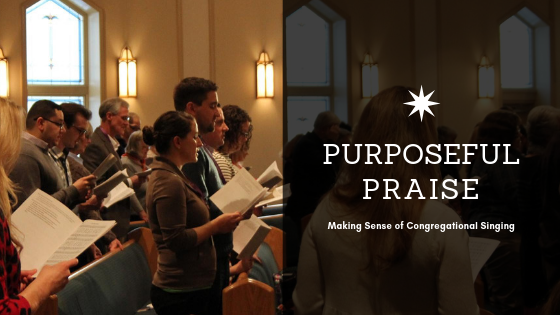What Child Is This: All Hail the … Baby?
It’s easy to forget just how incongruous Christ’s birth must have seemed at the time. The long-awaited Messiah, the son of David, the king with angel heralds—introduced as a helpless infant sleeping in a feeding trough! And of course that incongruity pales in comparison to the paradox that this human child was God himself.
The question-and-answer format used in “What Child Is This” serves to revive our sense of awe and wonder at Jesus’s identity. Each verse juxtaposes signs of Christ’s majesty with signs of his humble position. I’d like to focus on the carol’s second verse, which is packed with meaning.
Why lies he in such mean estate, where ox and ass are feeding?
Mean estate means a humble, lowly, or impoverished condition. This phrase brings to mind Mary’s hymn of praise (the Magnificat), in which she glorifies God for singling her out for blessing: “he has looked on the humble estate of his servant” (Luke 1:48). It also brings to mind Paul’s meditation on Christ’s humility: Jesus, “though he was in the form of God, did not count equality with God a thing to be grasped, but emptied himself, by taking the form of a servant, being born in the likeness of men” (Phil. 2:6–7). (More on this later.)
Good Christian, fear; for sinners here the silent Word is pleading.
In normal syntax, this sentence might run something like this: “Fear, Good Christian, because the silent Word is pleading for sinners!” The Word refers to Christ, identified as the “ultimate truth” sought by Greek philosophers—though they conceived of the Word as an impersonal force. In his very personal role as the mediator between God and his people, Christ pleads our case before God’s judgment seat (Rom. 8:34). And what does Jesus plead? He pleads for God to show us mercy because he (Jesus) has satisfied God’s law on our behalf. This is why, even as a speechless baby, the then-silent Word was pleading for sinners by his righteous life.
Christ’s accomplishment should inspire fear, in the sense of reverential awe of God.
Nails, spear, shall pierce him through; the cross be borne for me, for you …
Going back to Philippians 2, “And being found in human form, [Christ] humbled himself by becoming obedient to the point of death, even death on a cross” (v. 8). Becoming human wasn’t enough, becoming a helpless baby wasn’t enough, even becoming a poverty-stricken, homeless baby wasn’t enough. Jesus came to endure the most shameful death imaginable.
And now we come to the answer to the question posed in the first line of this verse: the reason for Christ’s “mean estate,” the explanation for the incongruity of God the Word as a human baby destined to be crucified, is that he bore all these things out of love “for me, for you.”
Hail, hail the Word made flesh, the babe, the son of Mary.
Our response is decreed by Philippians 2: “Therefore God has highly exalted him and bestowed on him the name that is above every name, so that at the name of Jesus every knee should bow, in heaven and on earth and under the earth, and every tongue confess that Jesus Christ is Lord, to the glory of God the Father” (v. 9–11). In the last line of the carol’s second verse, as in the last lines of the other two verses, we urge creation to join this chorus.
This blog was written by Corrie Schwab




